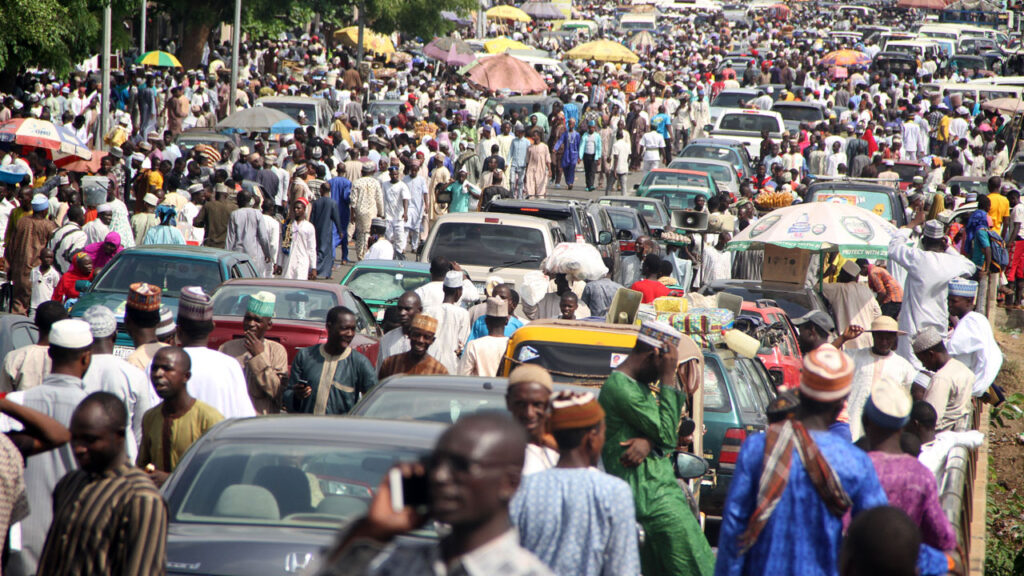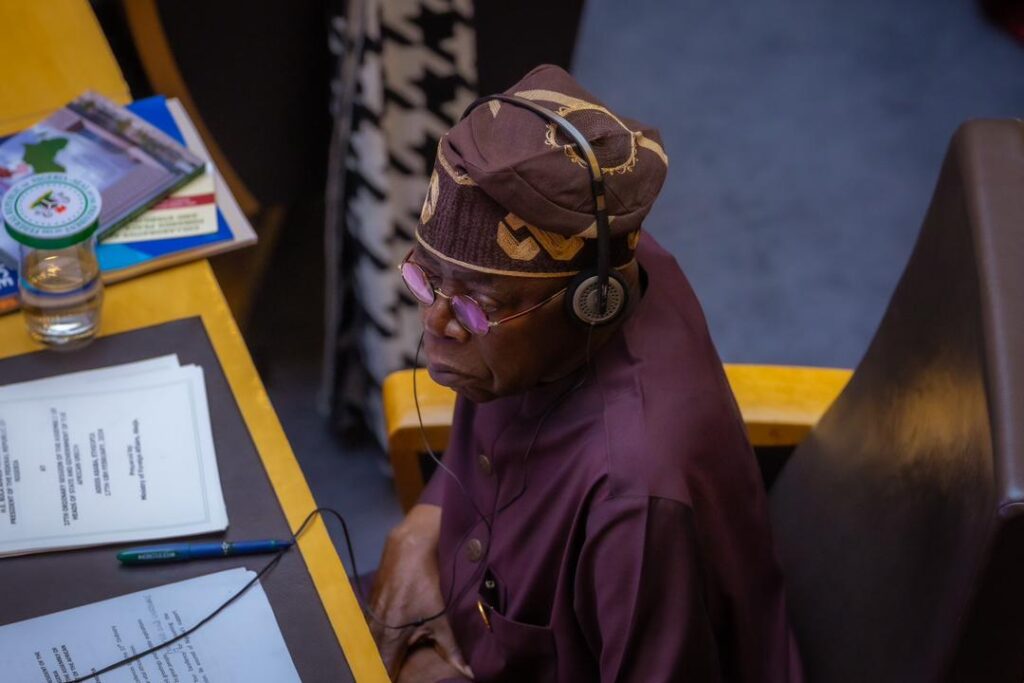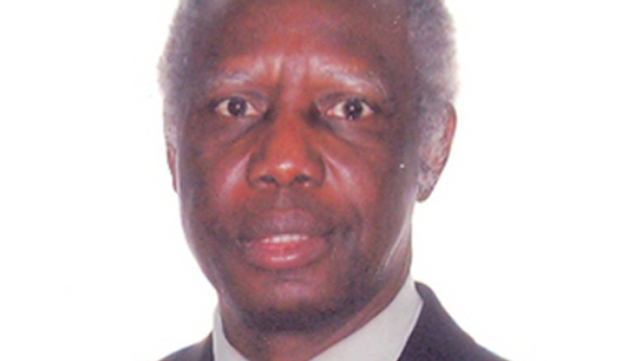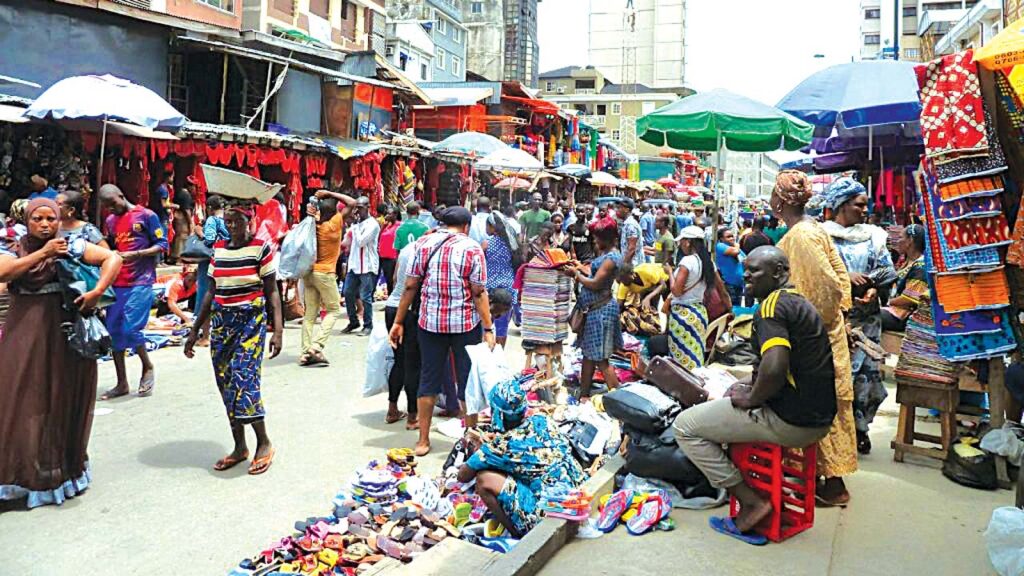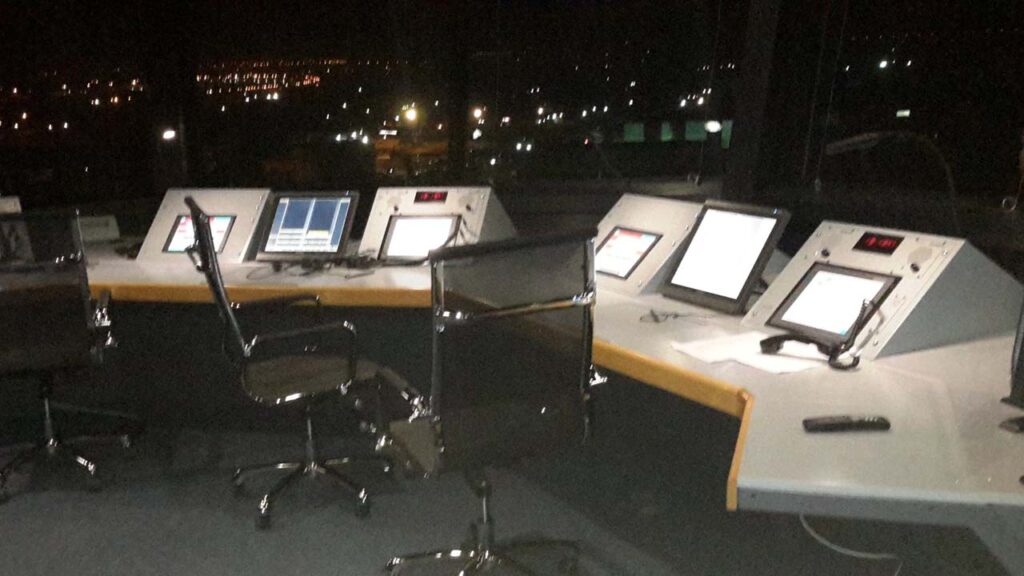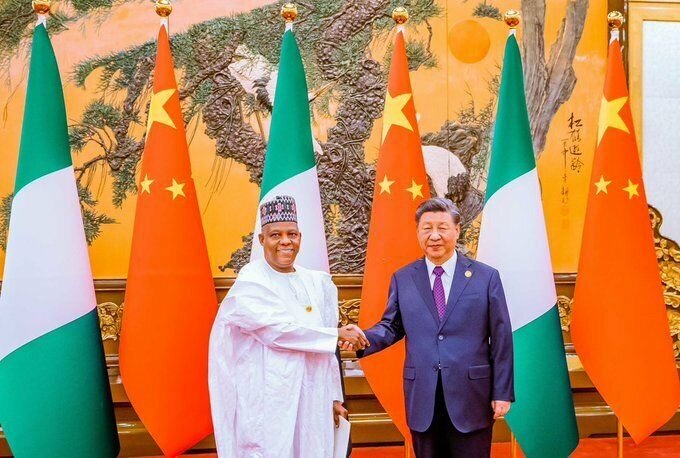
If you were the Nigerian government, what would you spend ₦4.8 billion on? A job creation programme aimed at targeting our 32.5% unemployment rate? Badly needed upgrades to our transport and digital infrastructure? Investment aimed at diversifying our economy and helping us prepare for a post-oil global economy? Spying on people’s WhatsApp conversations?
In the case of our lawmakers, it’s the latter.
According to reports, a supplementary budget approved by the National Assembly allocated a total of ₦4,870,350,000 to the National Intelligence Agency to allow the security services to monitor WhatsApp messages, phone calls and text messages.
The allocation represents a quarter of the budget of the Covid-19 vaccination programme, and four times as much as the resources provided for the fight against HIV/AIDS – even though our nation is home to more HIV-infected babies than anywhere else on Earth.
The move comes barely a month after the Nigerian government banned Twitter and comes at the same time as attempts in the Assembly to amend bills for the purpose of “regulating the media,” moves some have described as “draconian, ill-advised and an attempt to gag the media on all fronts.”
Senator Enyinnaya Abaribe is one high profile politician to have spoken out against these activities, stating: “Democracy does not stop at the national level. It must permeate all levels of government, that is, wards, local governments, state and other democratic institutions. In all of these, everybody must enjoy the freedom of expression and association as guaranteed by our constitution.”
I am a realist and a pragmatist. Our nation is currently confronted by many serious security threats. When kidnapping, terrorism and civil disorder is endemic across our nation there is no freedom or liberty for anyone, and the priority of any government has to be keeping its people safe. In 2021, that has to involve the ability to monitor electronic communications – as long as this practice is subject to rigorous safeguards and scrutiny.
The irony is, however, that the authorities wouldn’t have to spend so much money monitoring our online conversations if they made more effort to join them.
Too often, the first instinct of our lawmakers is to shut down online debate when they should be leading it. And in the digital age, the opportunities to do so are plentiful.
The path to a peaceful and prosperous Nigeria, confident and at ease with itself and ready to lead regionally and engage globally is undoubtedly long and difficult.
But the best way to progress along it is through better channels of communication between leaders and led – authentic two-way dialogue motivated by national pride and collective goals.
We also need better flows of information throughout our nation. The most damaging communication on WhatsApp is not sedition and subversion but misinformation and misleading myths – just recently, we have seen Nigerian’s sharing stories about separatist leaders visiting the White House in good faith when nothing of the kind has occurred.
The people of Nigeria need reliable and credible sources of information. The best source of that is the local leaders.
At the digital democracy campaign, I lead we have tried to support these aims by creating a free mobile app that allows direct conversations between the government and the governed.
Rate Your Leader puts verified voters in person-to-person contact with their local representatives at the touch of a button or screen, allowing them to request information, highlight concerns, voice opinions and collaborate in the creation of a better community and country.
Users can also rate local officials for transparency and accessibility – allowing politicians to demonstrate their commitment to their constituents.
Rate Your Leader’s abuse-proof technology also ensures that all communication is courteous and civil. If it’s obscene it won’t go on-screen.
Information that comes unfiltered and unspun from our political leaders and institutions, delivered in the spirit of transparency and accountability, carries a watermark of trustworthiness that no other source can match.
And if people publically endorse those sources of information, it creates a virtuous circle of improved trust in our democratic leaders and institutions, as a whole, and potentially greater democratic engagement.
This is why it is so critical that our leaders take advantage of the opportunities of the digital age to be part of the conversation – not restrict themselves to spying on it.
Joel Popoola is a Nigerian tech entrepreneur and digital democracy campaigner, and the creator of the Rate Your Leader mobile app. Follow Joel on Twitter @JOPOPOOLA



